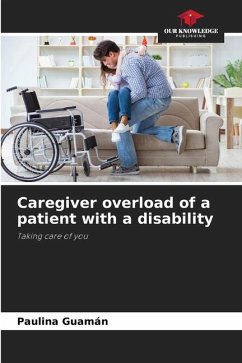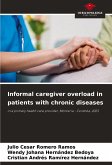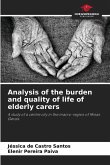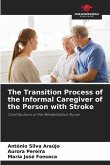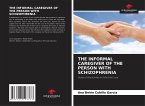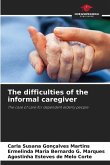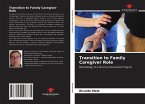This study focuses on the caregiver as an integral being who, when experiencing permanent or temporary care of a family member, has to face new forms of adaptation; this caregiver stress syndrome has economic, occupational and family repercussions that affect the well-being of both the person with disabilities and the informal caregiver and family. In this way, it is possible to identify the social factors involved in the caregiving process and at the same time strengthen the commitment of health personnel to develop actions that favor equal and humanized care for both the caregiver and the patient, and through these actions improve the quality of life of both subjects.
Bitte wählen Sie Ihr Anliegen aus.
Rechnungen
Retourenschein anfordern
Bestellstatus
Storno

